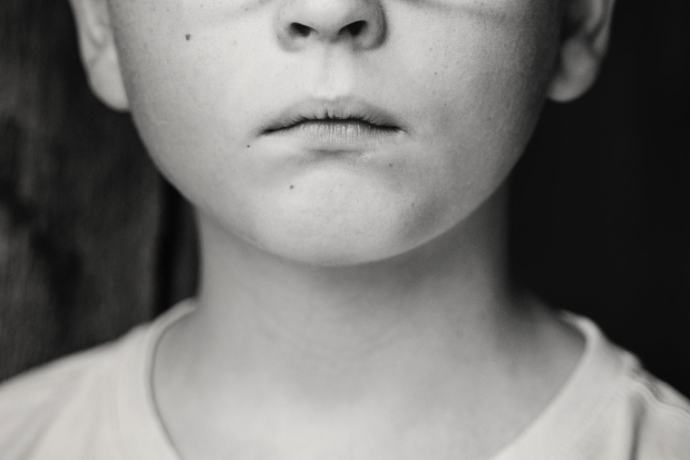
Divorce is difficult for everyone involved, and the change in family dynamics and relationships can cause children to struggle or act out. As emotions they don’t know how to handle come to the surface, your child will likely begin exhibiting behaviors that are unlike them or that they had long grown out of. These bad behaviors can come from denial, anger, and sadness. Here are some of the behaviors your child may exhibit during the divorce process along with suggestions of how to handle them.
Crying
Crying will likely be the first thing your child does when you tell them about the divorce, and in the following weeks, they may continue to cry more than they usually would. In fact, they might cry about a minor issue or even about nothing at all. Because the catalyst might not always be rational, it can be difficult to comfort them during this time. This is when you might need to have a counselor to help the child deal with their emotions.
Anxiety
Divorce creates a lot of uncertainty for your child. They might be thinking about which parent they’ll live with now, if they’re going to have to move, or even if you still love them. This uncertainty manifests as fear, so you might notice that your child is worrying about things more or they they are always scared. They might become anxious in situations that would not normally cause any problems, like going to bed at night. These fears might make them more clingy than usual, but you may be able to help them by consistently reassuring them that everything is okay and that they are safe. To help ease some of their confusion and quiet their fears, explain to them how you are working with your family attorney to keep your family as safe and stable as possible.
Isolation
Your child may start to withdraw from you, your spouse, your other family members, and even from their friends. They might also lose interest in the activities that they are once loved. This can come from any of a number of emotions—depression, hurt, a sense of abandonment—but if allowed to continue, this behavior can cause them to become isolated, and they may find it difficult to form or maintain relationships in the future. Talk to your child about what is going on in their life so that they know that you care, and try to have them participate in family and social activities that keep them engaged.
Rebelliousness
Your child may also become angry, arguing and acting up more than they normally would. They may be stubborn or rebellious, and they may throw tantrums or become violent toward themselves or others. If you are having a hard time controlling this behavior at home, then it is a good idea to seek the help of a counselor.
These bad behaviors can cause problems for your family at home and for your child in school or with their friends. Work with your child to comfort and reassure them as they go through this confusing time to help mitigate these behaviors. A child counselor can also stand as an impartial person who will help them navigate their confusing emotions.

